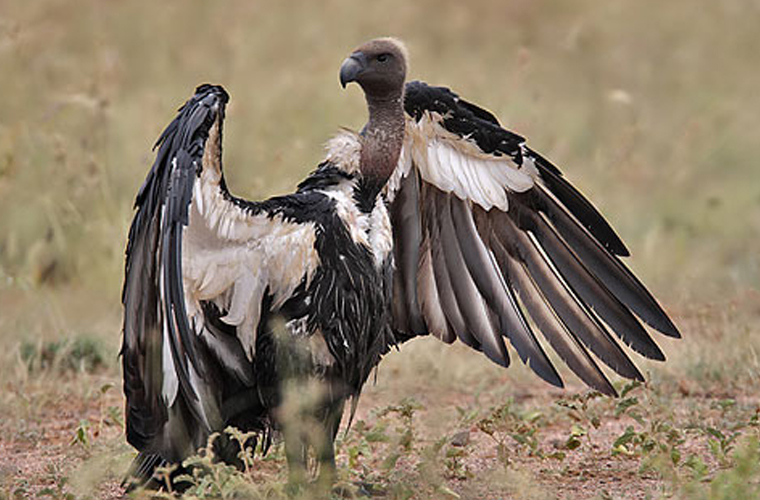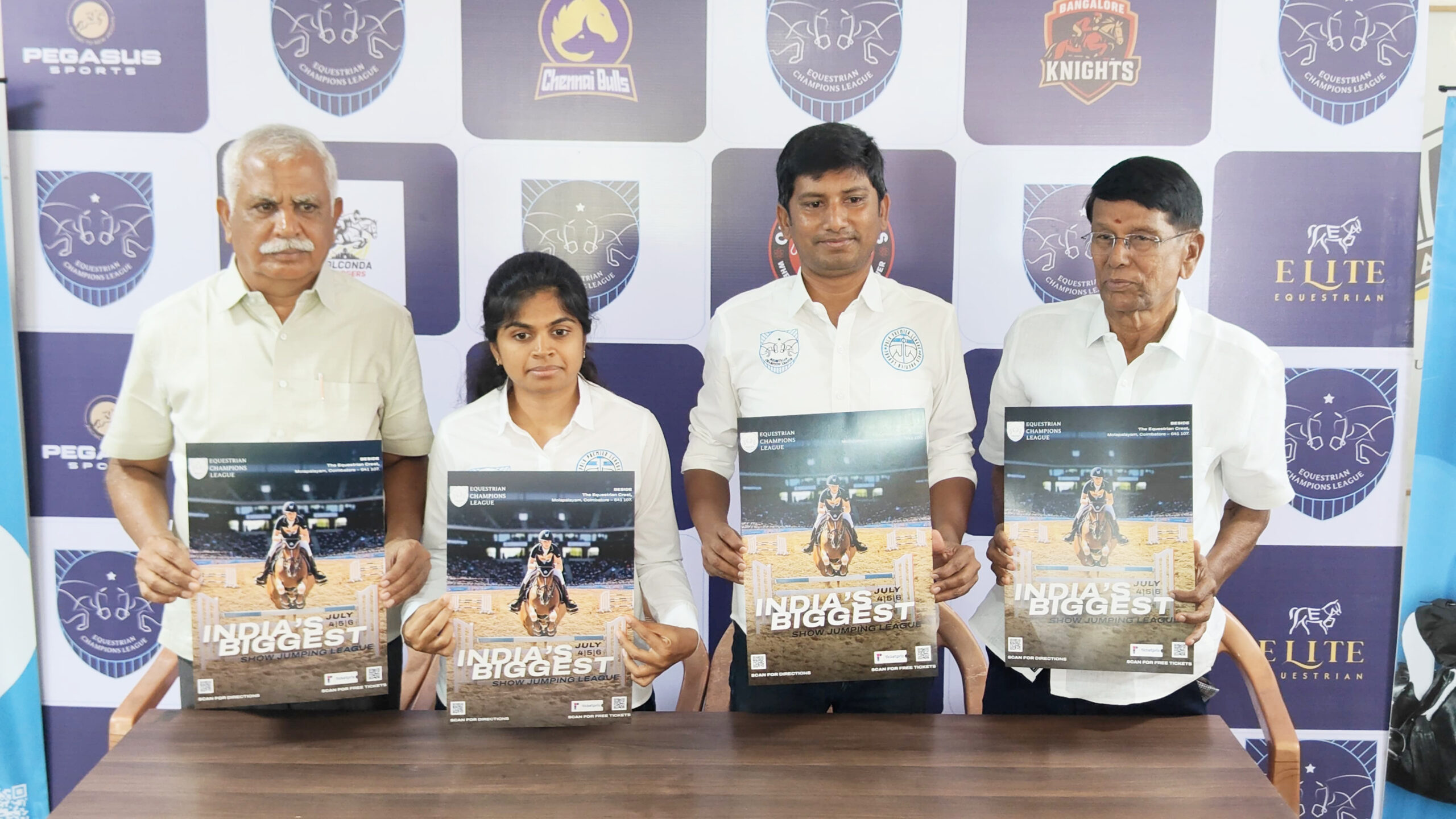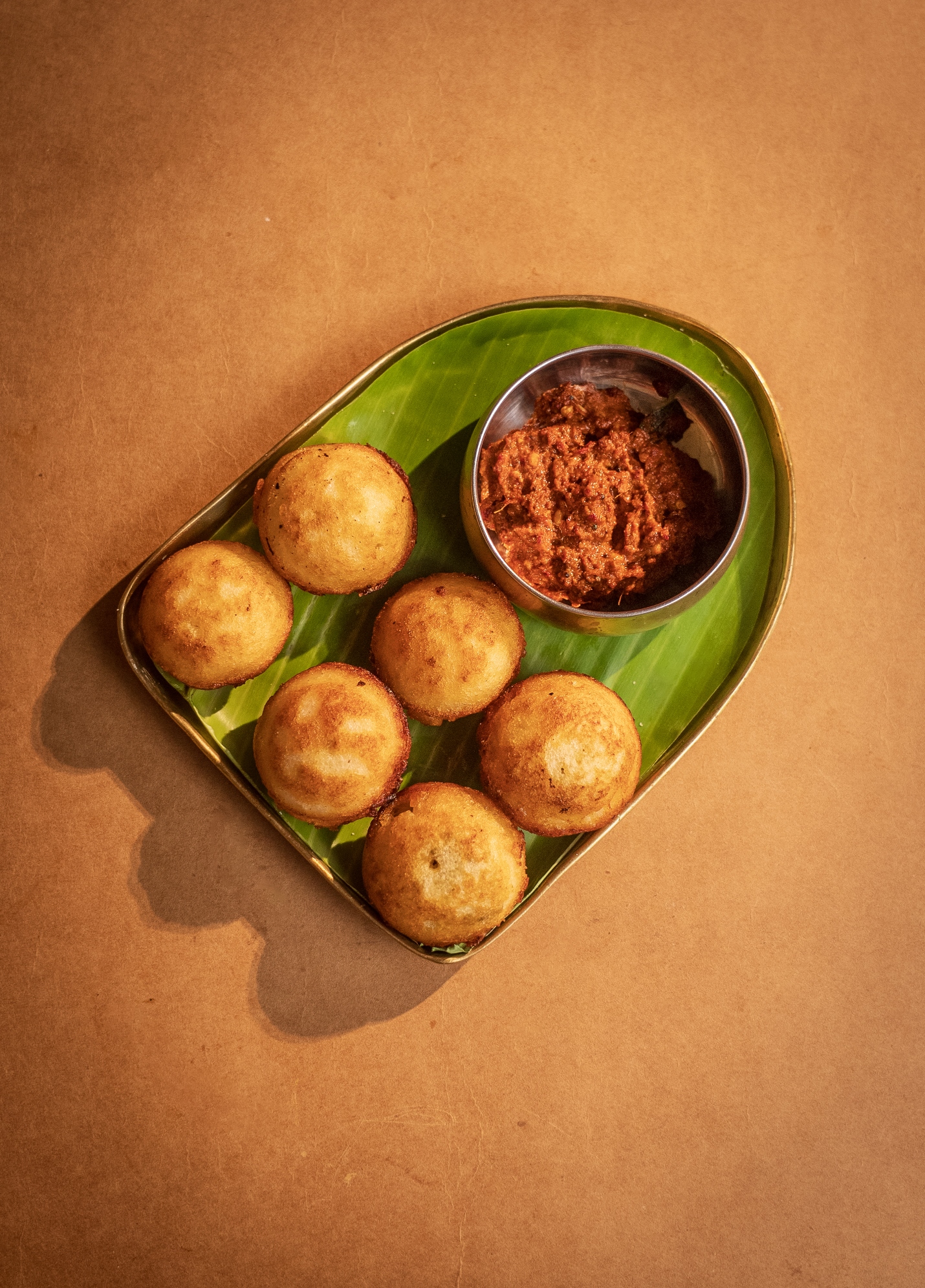Trending Now
- “If Edappadi Palaniswami permits, a thousand young members from the Virudhunagar district AIADMK are prepared to take up arms and engage in battle under my command.” – Former AIADMK Minister Rajendra Balaji
- “India is ready to deal with any counter-attack by Pakistan” – Wing Commander Vyomika Singh
- Central govt orders extension of CBI Director Praveen Sood’s tenure for another year
Coimbatore
HC ban on Diclofenac sale: Activists hail order
![]() November 4, 2017
November 4, 2017
The Madras High Court recently upheld the ban on sale of Diclofenac in multiple dosage packs citing the threats it poses to vultures that are an endangered species.
The court, through its order delivered on October 25, came to the rescue of vultures considered to be declining in population mostly due to consumption of carcasses of cattle injected with Diclofenac, a pain killer, 72 hours before their death.
Reacting to the order, S. Bharathidasan, Secretary of ‘Arulagam’, an NGO working towards wildlife conservation (who was one of the pleaders in the case) said the order would help preventing extinction of vultures. “Its a very important order. It will bring down the number of deaths of vultures due to Diclofenac. The Court has ordered pharmaceutical companies not to produce 30 ml vials, but only 3 ml vials that could be used for treating humans. This will discourage veterinarians from using the medicine on animals as they normally need 30 ml dosage,” he said.
“The extinction of vultures was noticed only in the 1990s. That was a time when Diclofenac hit the Indian market. Vultures are scavenger birds that live on carcasses of livestock. The medicine is used to treat inflammation. It is a pain killer. Vultures that consumed the carcasses of cattle – that were given Diclofenac – died within few days. We then realised the deaths were due to the medicine,” Bharathidasan added.
According to him, the population of three species of vultures – Indian White-Rumped Vulture (Gyps Bengalensis), Indian Vulture (G. Indicus) and Slender-Billed Vulture (G. Tenuirostruis) has declined due to the particular medicine. “In fact 99.9 per cent of vultures that died were Indian White-Rumped Vulture. The court, in fact, mentioned the point in its order.”
The medicine affected the vulture population in India, Nepal, Bangladesh and Pakistan. “Pakistan was the first country to ban the medicine,” he said.
In spite of a ban on the sale of Diclofenac in 2006, it was sold illegally. “But to some extent it brought down the sale. It also helped in saving vultures. We only hope that the number of vultures do not come down further,” said Mohan, a conservationist and an avid bird watcher.























